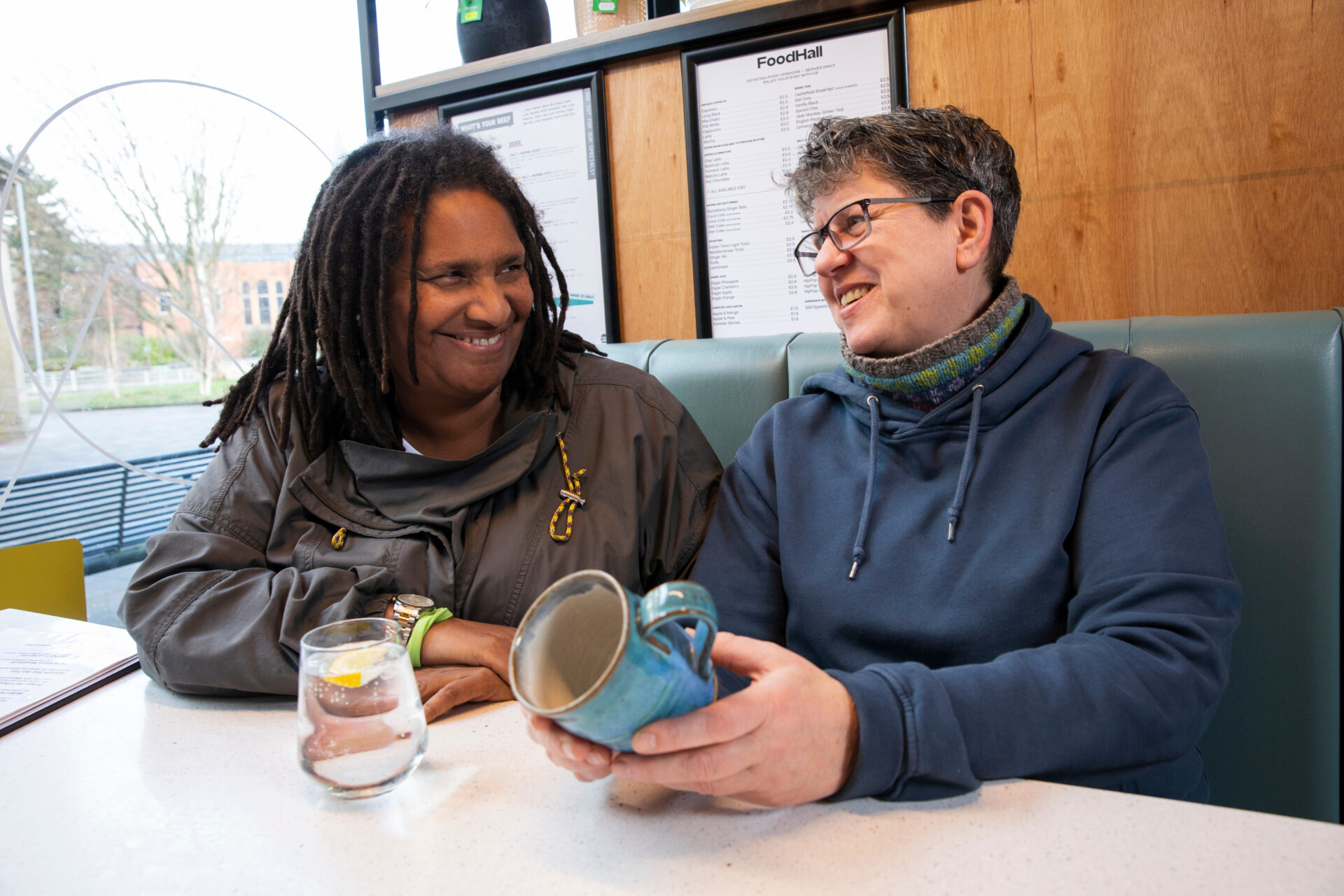Support
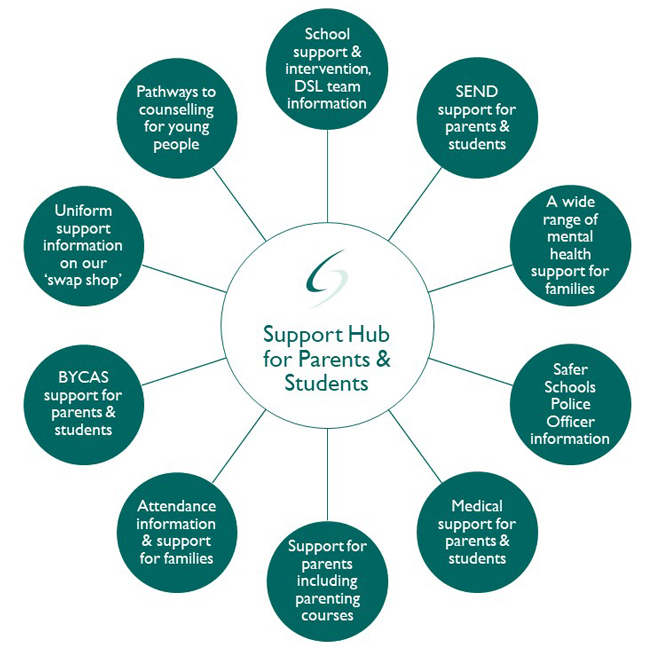
The Compton School Support
Safeguarding Support
Learning English at Home Support
Relationships, Sex and Health Education
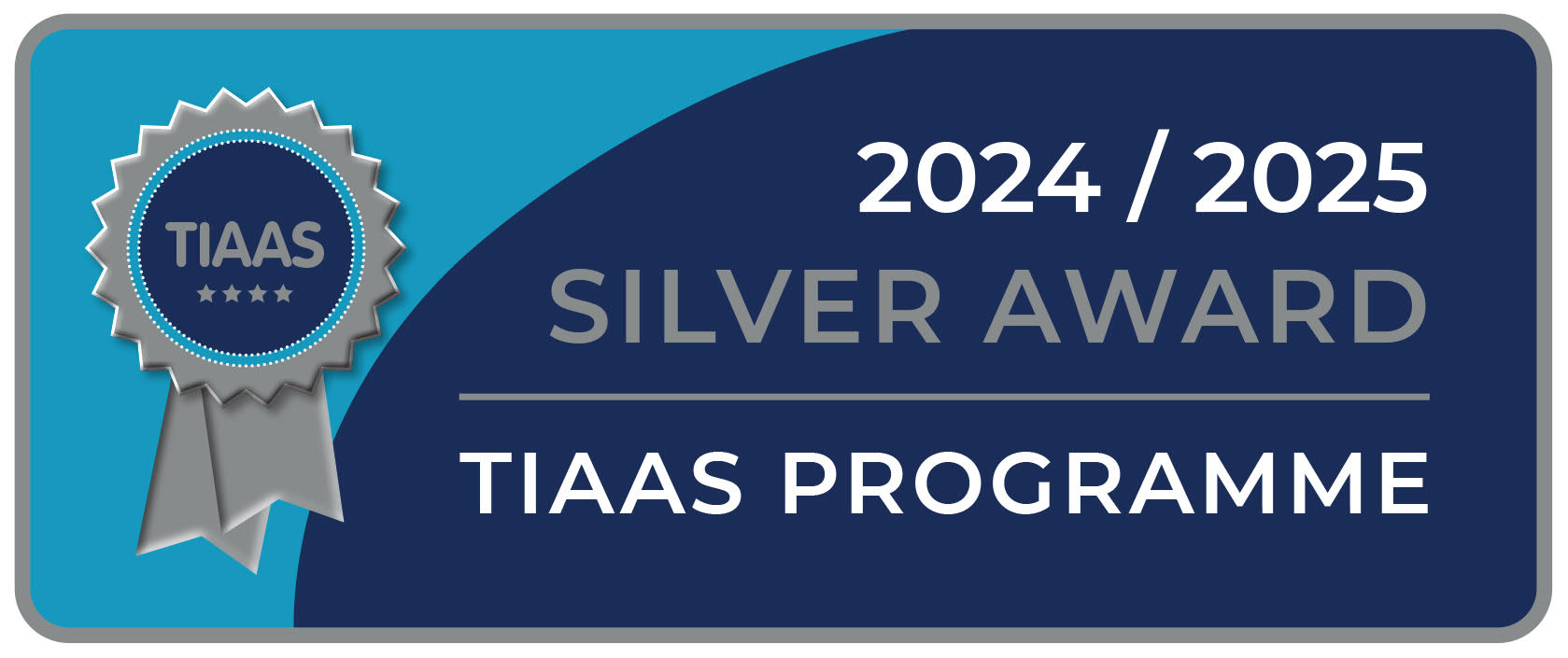
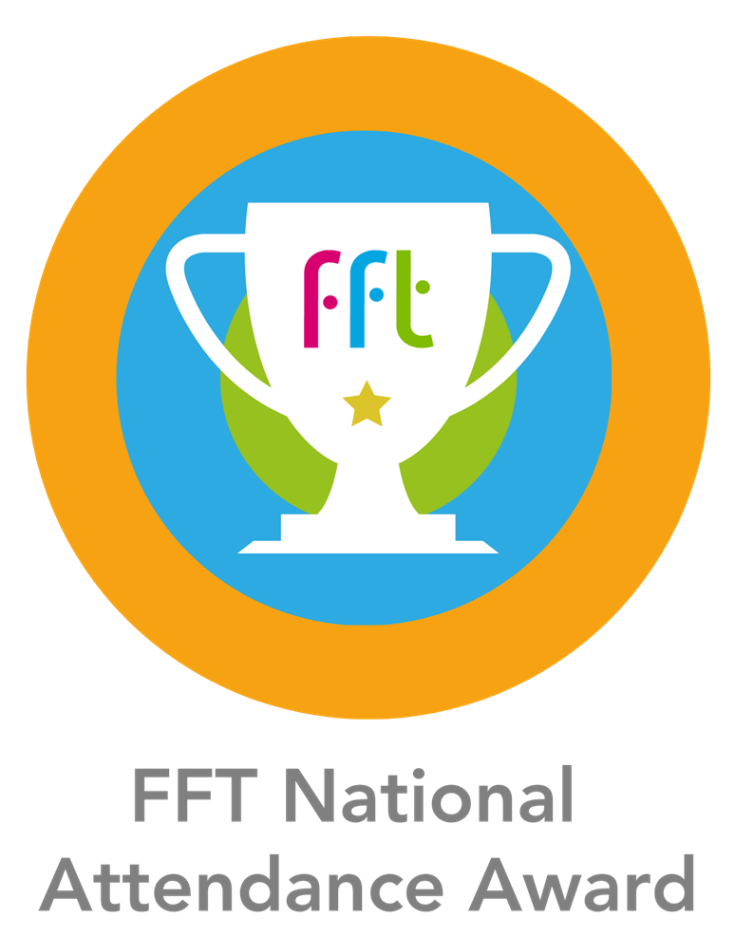
Parent Support, Guidance & Courses
The Children’s Commissioner | Talking to your child | A Guide for Parents
Parenting courses | Barnet Council
Reducing parental conflict | Barnet Council
Barnet Support- Child and Family Early Help
Barnet Support- Part of the Child and Family Early Help Service
Parent Support - Talking to children about conflict
More Information
- Our counselling services | Rephael House
- Parents in Mind Referral Form
- Reducing parental conflict | Barnet Council
- Make a referral to the Early Help team | Barnet Council
- Stronger Relationships courses – Strengthening Families, Strengthening Communities
- The Mix - parenting courses and support
- Barnet Safeguarding Children Partnership
- Make a referral to the Early Help team | Barnet Council
- Barnet Youth – Child and Family Early Help Service - Home - Home
- Support & advice for families | NSPCC
- Families Feeling Safe •
- Barnet Youth – Child and Family Early Help Service - Home - Home
- Homepage | Best Start in Life
- Our services for parents and carers | Place2Be
- For Families: KOOTH Courses for parents
- Help – Parenting Courses on Nutrition/ Diet
- ZSA Training - Zero Suicide Alliance Parent Course
- | Place2Be - train to be a counsellor
- Parents Archives - Educate Against Hate
- How to Talk to Your Child About Inappropriate Pictures Online
Counselling Services for Young People
Talk about it | Barnet Council
Our counselling services | Rephael House
NCL Parents in Mind March 24(CAMHS treatment waiting list)
NCL Parents in Mind (CAMHS treatment waiting list)
Bics - Supporting children and young people's wellbeing and mental health | Barnet Council
More Information
A Touch of Capital! | Instagram | Linktree - counselling for students
Welcome to the Waiting Room - wellbeing support for young people
Barnet YPT Talking Therapy - 1 to 1 and group support
Now and Beyond – mental health
If you need to talk to someone about your mental health, or suicidal thoughts, please consider contacting
- NHS Crisis Line - Call 111 and select the mental health option to contact a trained mental health professional who can listen and connect you to the support you need.
- Samaritans - Call 116 123 for free, confidential listening support, 24 hours a day, 7 days a week
- SHOUT - Text 'SHOUT' to 85258 to access free, confidential text support from trained volunteers, 24 hours a day, 7 days a week
- PAPYRUS - Call 0800 068 4141 or text 88247, 24 hours a day, 7 days a week, if you are under 35 and struggling with thoughts of suicide or concerned about a young person.
Support & Intervention Team
Please speak to any member of staff if you are worried about anyone in school - we also have 4 Designated Safeguarding Teachers in school to help too. We all have a responsibility to take prompt action if we are worried about the safety or welfare of anyone in school. We are committed to equal oppurtunities and inslusivity for all.

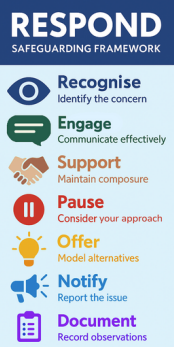
BYCAS - Barnet Young Carer Support
Barnet schools Engagement with BYC Mentoring
Premiere of our Young Carers Film - Barnet Young Carers Know What to Do!
Think Young Carer | Barnet Young Carers
Kinship Care
| Kinship support and advice Kinship carers are family or friends who step up, often during an unexpected crisis, to care for a child when their parents aren’t able to. KINSHIP is a leading kinship care charity in England and Wales who are running workshops and events both online and in-person.
|
Financial Support / Food Banks
- Prepare your home - Check for available financial support, implement energy-saving practices to reduce heating costs, and ensure your appliances are both safe and in good working condition.
- Plan ahead – Check the weather forecast and the news to stay informed, ensure you have enough food and medicine, and take simple measures to reduce draughts at home for your comfort and well-being.
- Keep yourself warm – Heat rooms you use the most to at least 18°C. Use draft excluders on doors, keep bedroom windows closed at night, and layer thinner clothing for better insulation.
- Look after each other - Check in on neighbours, friends and family who might struggle in the colder weather, and if you see someone who is rough sleeping, visit Streetlink who can connect them with the support they need.
- Look after yourself – Protect yourself and others by getting vaccinated against flu, and seek help by calling NHS 111 or 999 in emergencies.
- Visit a Warm Space – If you are looking for a place to get out of the cold, connect with others, and warm up, then visit one of Barnet’s warm spaces – welcoming community hubs for residents to stay warm and engage with others.
Information for all settings: Raising awareness of discounted social broadband tariffs
Home broadband is increasingly essential for supporting learning. Households receiving benefits such as Universal Credit could be eligible for discounted social tariffs, helping them stay connected at lower costs. For more information, please visit Ofcom’s website. For more tips and advice on staying well visit Your Health Barnet.
More Information
- About us - Mayor's Fund for London
- Barnet Resident Support Fund | Barnet Council
- Ending hunger together | Trussell - Food Bank Support
- Talk Money - Money and Pensions Service
Chipping Barnet Foodbank
07716 890535
Usual working days: Monday, Tuesday, Thursday & Saturday (part-time hours)
www.trussell.org.uk/emergency-food/find-a-foodbank
SEND support for parents and young people
Parenting Programme and Workshops - Barnet Mencap
ADHD in Barnet - External Support for Parents/Students Barnet
SENDIASS - External Support For Parents/ Students
Dyslexia Videos for Parents and Carers | Nip in the Bud
Attendance support for parents and young people
The return to education at the end of the school holidays can be a difficult time for a variety of reasons. The start of the new term comes with plenty of challenges, from social worries to the stress of ensuring they’re entirely ready for upcoming lessons and learning.
Of course, these youngsters don’t have to weather these burdens alone, and as parents and educators, we should do all we can to support the children in our care as they head back to school. This free guide offers you expert advice on how you can be there for children and young people as they transition back into their school’s routine.
Sources
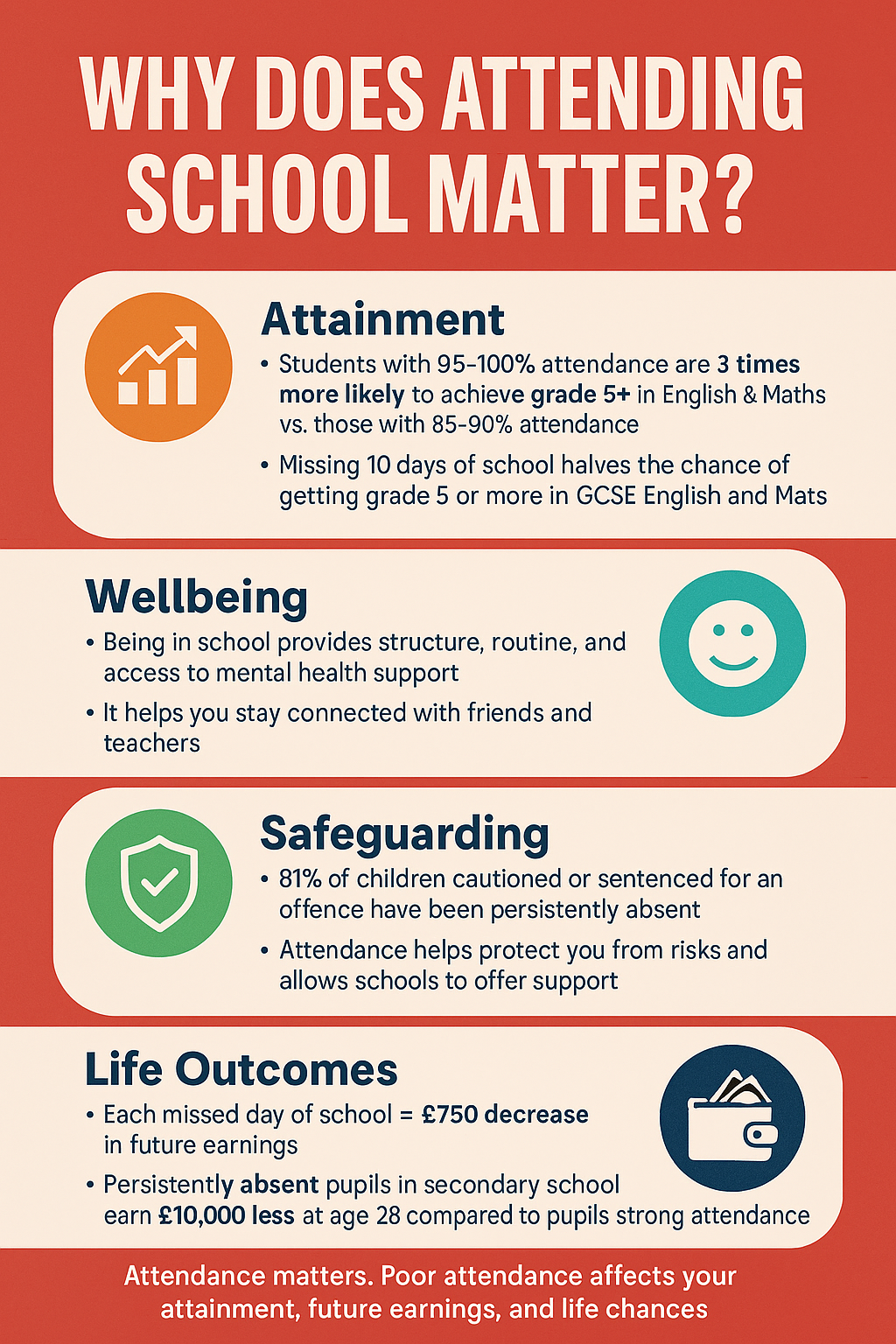
How to Support Young People Online
How to keep students safe - emojis, language and symbols
Support for parents and students
Apps & games - which are safe for children?
More Information
- Fact Sheets for parents
- Take It Down - removing inappropriate images
- Childline’s Report Remove tool - You can also report grooming, sexual abuse and exploitation to the National Crime Agency and the Internet Watch Foundation
- Keeping children safe online | NSPCC
- Kids Online World
- Digital Hate - Support
- Library | The National College - parent information online safety
- Kinzoo - Safety online
- UK Safer Internet Centre
- Childrens Society
- Smart Phone Free Childhood
- Revenge Porn Helpline
- LGfL
- CEOP Safety Centre
- Safer Internet Day - BBC Teach
- How to Talk to Your Child About Inappropriate Pictures Online
- UK Safer Internet Centre
- Parental controls and privacy settings guides | Internet Matters
Social/Emotional Learning & Trauma Informed Approaches
Schools who have completed a whole school trauma-informed project have reported the following benefits:
- Reduced number of reported behaviour incidents, fewer exclusions and improved attainment for vulnerable learners
- Increased use of strategies to promote self-awareness and resilience leading to longer term solutions to self-regulation
- A more consistent whole school, reflective approach.
- Stronger relationships between children, staff and parent/carers.
- An opportunity to consider how the school organisation and environment can support young people and their attachment & trauma needs.
- The school is ahead of the curve in developing the expertise to meet the needs of Children with a Social Worker
Helping a Child who is Experiencing Anger | Toolkit
Helping a Child who is Experiencing Anxiety | Toolkit
Helping a Child who is Experiencing Low Moods | Toolkit
Helping a Child who is Experiencing Low Self Esteem | Toolkit
Helping a Child who is Experiencing Sleeping Problems | Toolkit
Helping a Child who is Experiencing Trauma | Toolkit
Trauma Informed Support - More Information
Secure Base Model - Trauma Informed Support
Childhood Trauma and the Brain | UK Trauma Council - YouTube
How a child’s body tells a story | UK Trauma Council
Coping with scary and distressing memories | UK Trauma Council
Childhood Trauma, War and Conflict (with English subtitles) | UK Trauma Council
What is PTSD? | UK Trauma Council
Restorative / De - Escalation Strategies
Window of Tolerance Strategies
Honour Based Violence Information - https://youtu.be/9pXI5FBL564
Online Help Pages/ Support
Online Support
Mental Health Support
- Anna Freud - Mental Health
- British Red Cross - Mental Health
- Childline | Free counselling service for kids and young people | Childline
- Home - Kooth
- SHOUT
- NHS – Every Mind Matters
- Barnardos
- YoungMinds
- Good Thinking - Mental Health
- We can't talk - mental health crisis tools
- Barnet - Mental Health Support
- MIND
- Mental Health Foundation
- NHS Mental Health Support
- Nip it in the bud - childrens mental health
- Place 2 Be Mental Health Support
- Mental Health Support - Joes Buddy Line
- Grow - wellbeing outdoors
- Resources for families - Childrens Commisioner
- Childnet
- Barnet - Mental Health Support
- Samaritans
- Mental Health Foundation
- Education Support Mental Health
- Young Minds
- North Central London - Amparo
- Papyrus UK Suicide Prevention | Prevention of Young Suicide
- Connections Thrive LDN - Mental Health
- Male Allies UK |
- StayAlive - Essential suicide prevention for everyday life
Child Bereavement Support
- Grief Encounter - Supporting Bereaved Children and Young People
- Winston's Wish - Giving Hope to Grieving Children
- The Compassionate Friends - Supporting Bereaved Parents and their Families
- Traumatic Bereavement - Helping children and young people who are struggling in schools & colleges
- North Central London - Amparo
LGBTQIA+ Support
- LGBTIQ - London Friend
- LGBTQIA+ mental health : Mentally Healthy Schools
- Open Out
- Mosaic LGBT+ Young Persons' Trust
- Mental Health - London Friend
- Equalities - The Compton School
- Homepage - Mermaids
Safeguarding
- Met Police
- Crimestoppers
- Homepage - National Domestic Abuse Helpline
- Safeguarding voice - podcast
- Barnet Safeguarding Children Partnership
- Suzy Lamplugh Trust - live life safe
Relationship Support
- Relationships/ Bullying Support
- Anti Bullying Alliance
- Educate Against Hate
- Supporting a child who is being bullied
- Eliminating Child Sexual Abuse Online | Internet Watch Foundation IWF
Drugs & Alcohol Support
Child Bereavement Support
- Grief Encounter - Supporting Bereaved Children and Young People
- Winston's Wish - Giving Hope to Grieving Children
- The Compassionate Friends - Supporting Bereaved Parents and their Families
- Traumatic Bereavement - Helping children and young people who are struggling in schools & colleges
SEND Support
Prevent
- Anne Frank Trust: Awareness raising focussing on the impact of antisemitism and Islamophobia https://www.annefrank.org.uk
- Shout Out UK: Media and digital literacy skills www.shoutoutuk.org
- Maccabi GB: Stand Up! specialising in countering antisemitism and Islamophobia facilitated by expert Jewish and Muslim practitioners. www.standupeducation.org
- Protection Approaches: Supports adults to challenge intolerant and hateful behaviours safely and actively. https://protectionapproaches.org
- Solutions Not Sides: Critical-thinking skills and conflict resolution with the application of these principles to the Israeli / Palestinian conflict www.solutionsnotsides.co.uk
- Prevent | Barnet Education & Learning Service | London
- Educate Against Islamophobia
- Parents Archives - Educate Against Hate
